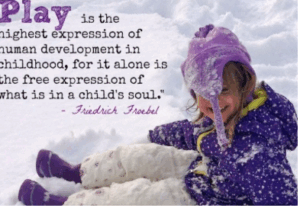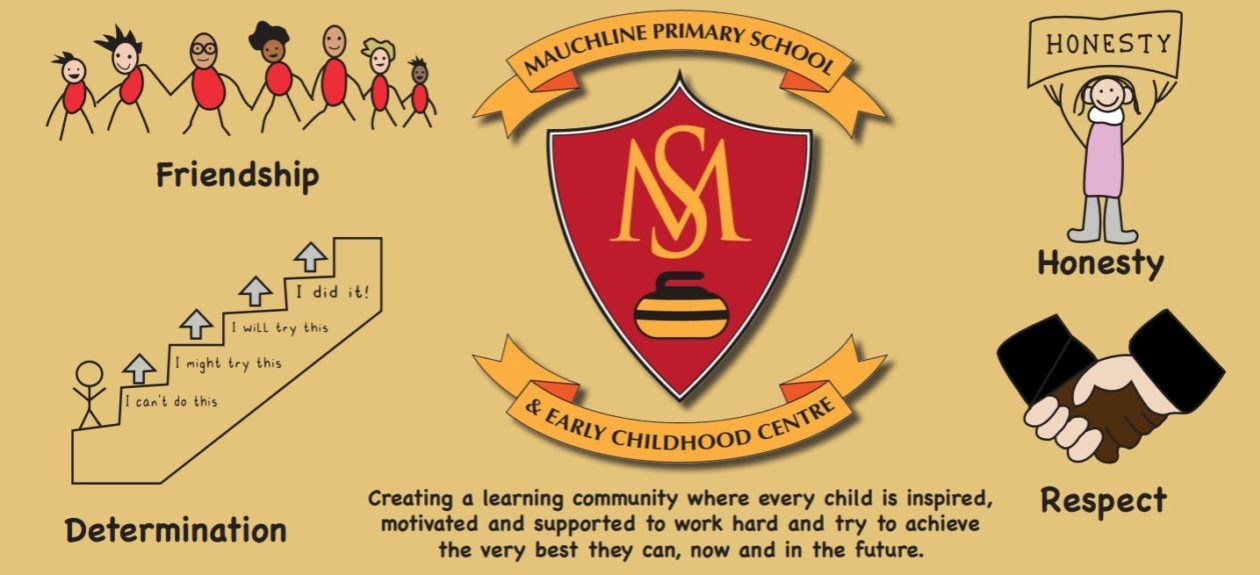At Mauchline ECC we embed Froebelian principles in practice.

This quote from Friedrich Froebel is one of the most well known quotes that highlights just how important play is for children. Froebel was a German educator and is responsible for inventing the term ‘kindergarten’, which translates to ‘children’s garden’ and is a term widely used today. This message about the importance of play is again echoed in the guidance we follow from the Scottish Government.
Our practice is underpin by:
Freedom with guidance
- Helping children make choices.
- Providing opportunities to move freely indoors and outdoors.
- Helping children to do challenging things for themselves.
- Helping children to think for themselves.
- Helping children to develop self-discipline.
Unity and Connectedness-
- Providing ‘whole’, unified experiences, connected to the child’s life.
- Developing link and flow between areas of provision- indoors and outdoors.
- Observing and enriching children’s patterns of thinking.
- Embracing unity within diversity.
Engagement with nature in all its aspects
- Engaging with nature through play.
- Adults who are deeply attuned to nature to connect children to the beauty and wonder of the world around them.
- Ensuring that children experience all aspects of nature.
Learning through self-activity and reflection
- Rich provision of two- and three dimensional material for exploration and play, indoors and outdoors.
- Resources that are provocative and challenging for children of different ages.
- Continuity of provision so that children can gain proficiency with materials.
- Helping children to reflect on their activity.
The central importance of play
- Rich, first-hand experience. Exciting experiences out and about, which extend children’s interests and open up new possibilities.
- Play takes time to get going. It does not thrive if it is squeezed into short time slots or constantly interrupted.
- Open-ended resources. Simple but good quality resources can be transformed into many different scenarios.
- Choice and control for children to have ownership of their play.
- Adults as sensitive co-players who offer freedom with guidance to enrich the potential of play as a learning context.
Creativity and the power of symbols
- Rich, first-hand sensory experience.
- Choice of materials through open[1]access workshop areas with painting, drawing, blocks, sewing, clay, recycled materials or woodwork.
- Opportunity to play with images, ideas and feelings; to imagine; take risks and make original combinations and connections.
- Freedom to try things out combined with a growing understanding of the possibilities and limitations of materials.
- Guidance from adults who support children to pursue and achieve their intentions, offering help when it is needed.
Knowledgeable, nurturing, reflective educators
- Observing, supporting and extending children’s play and learning.
- Reflecting on observations, often in dialogue with others, as a way of deepening understanding of children’s lives and learning.
- Working in close partnership with parents, families and community.
- A commitment to reflective practice and further study. This includes ongoing professional development within a strong learning community.
https://www.froebel.org.uk/uploads/documents/FT-Froebels-principles-and-practice-today.pdf
Froebelian Principles below:
Froebelian-Principles-Poster-A4
Video below with further information and guidance:

